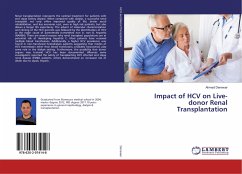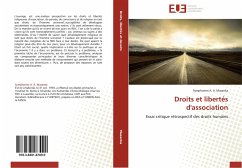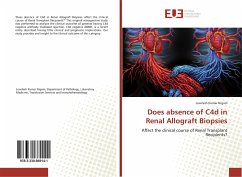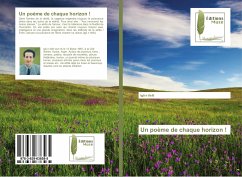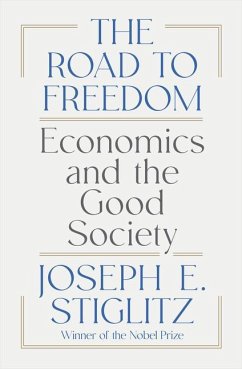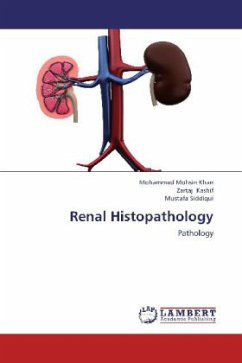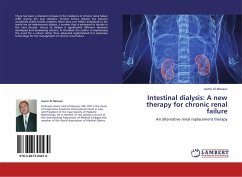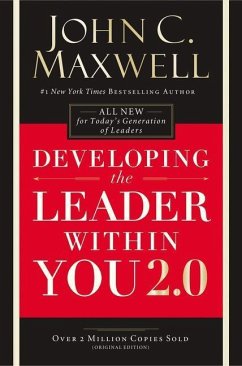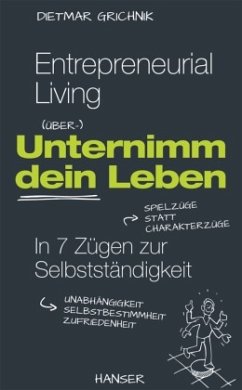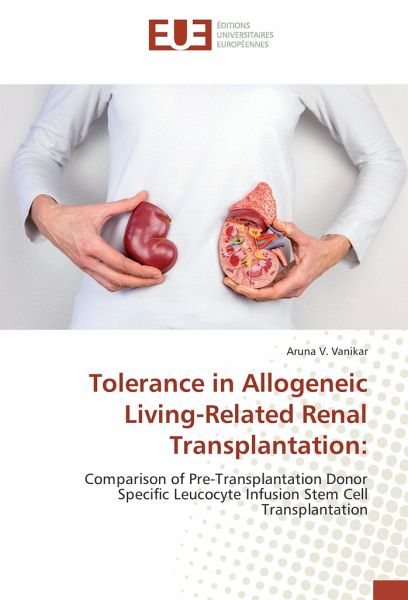
Tolerance in Allogeneic Living-Related Renal Transplantation:
Comparison of Pre-Transplantation Donor Specific Leucocyte Infusion Stem Cell Transplantation
Versandkostenfrei!
Versandfertig in 6-10 Tagen
32,99 €
inkl. MwSt.

PAYBACK Punkte
16 °P sammeln!
Transplantation tolerance may be defined as normal graft survival sans immunosuppression, maintaining intact immunity. Tolerance induction (TI) strategies include induction of chimerism and/or clonal deletion. Donor specific transfusion (DST) and stem cells (SCs) have come-up as TI. In this parallel 2-armed open labeled study under non-myeloablative conditioning with DST as first arm and SCs as second arm, without using conventional immunosuppression. Monitoring included SCr (mg/dL), DSA and MLR. Protocol biopsies were planned after 100 days and yearly in willing patients. In event of rejectio...
Transplantation tolerance may be defined as normal graft survival sans immunosuppression, maintaining intact immunity. Tolerance induction (TI) strategies include induction of chimerism and/or clonal deletion. Donor specific transfusion (DST) and stem cells (SCs) have come-up as TI. In this parallel 2-armed open labeled study under non-myeloablative conditioning with DST as first arm and SCs as second arm, without using conventional immunosuppression. Monitoring included SCr (mg/dL), DSA and MLR. Protocol biopsies were planned after 100 days and yearly in willing patients. In event of rejection/DSA/MLR, rescue immunosuppression was planned. Patient survival for the first 2 years was 100% in both arms; at 5 years post-transplant 80% with SC and 90% with DST. Death-censored graft survival for 1st year was 100 % in both arms, and at 5 years, 80% with SC and 70% with DST. Mean SCr was 1.52 with SC and 1.97 with DST. Five patients from SC-arm and 3 from DST-arm had successful TI. MLR was negative in both groups. DSA appeared in 2 patients of SC without graft dysfunction and 4 of DST causing graft dysfunction. Thus SCs facilitate TI in LDRT under non-myeloablative conditioning.



